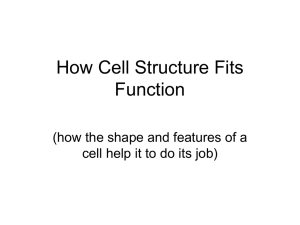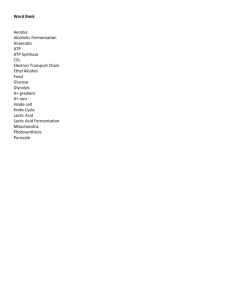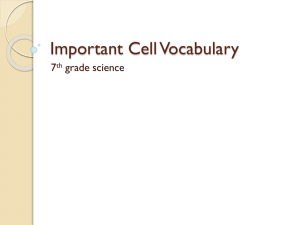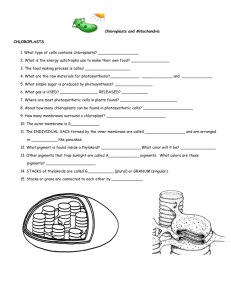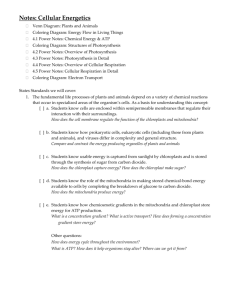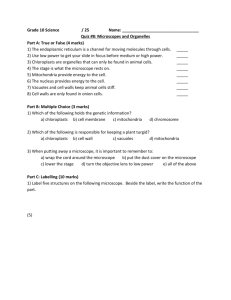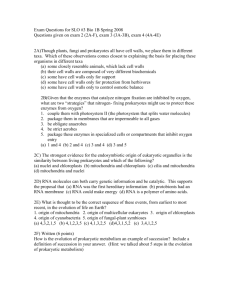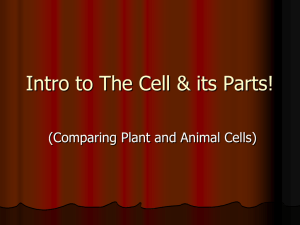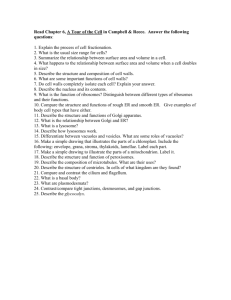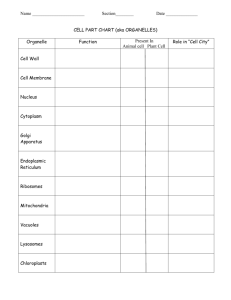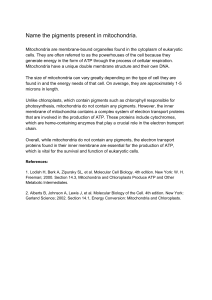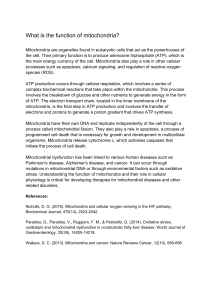Plants vs. Animal Cells - Jefferson School District
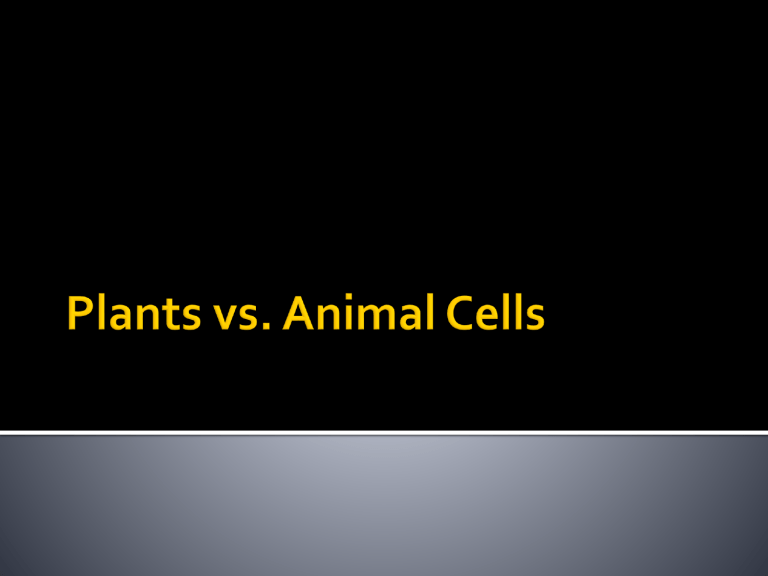
Chloroplasts are used to convert the sun’s energy into glucose for the plant.
Mitochondria are used to convert glucose into useable energy called ATP.
ATP is needed for everything an organism does.
WHAT DO PLANTS HAVE?
Lots and lots of chloroplasts and some mitochondria.
WHAT DO ANIMALS HAVE?
Just mitochondria. But cells that help with movement, like muscle cells, have more mitochondria to do more work.
PLANTS
Many plants cells are
“squarish” in shape.
ANIMALS
Most animal cells are more round in shape.
PLANTS
Plant cells have a cell walls made of cellulose, a carbohydrate.
The walls provide structural support so plants can grow very tall.
ANIMALS
Animal cells do not have cell walls.
PLANTS
Yes
ANIMALS
Yes
PLANTS
The CV holds water the plant needs.
If empty, the plant wilts.
The CV also holds the scents of flowers and the juices of fruit.
So when you bit into a big juicy apple you just busted open thousands of vacuoles, yummy!
ANIMALS
Do not have large vacuoles but they can have small ones.
LIST ALL THE REASONS WHY
PLANTS CAN STAND UP STRAIGHT.
Squarish shape creates block like structures.
Cell walls provide additional structural support.
Large central vacuole provides internal support.
LIST ALL THE REASONS ANIMALS
CAN STAND UP STRAIGHT.
Bones
Muscles ligaments
PREDICT:
Do organelles move inside cells?
LET’S SEE?
Plant video
Describe what you saw in the video.
